ChatGPT is getting creepily good at knowing what you need before you even ask
The new Pulse feature creates personalized morning updates using your chats, calendar, and connected apps.

OpenAI is giving ChatGPT a new trick that works while you sleep. It’s called Pulse, and the goal is to make your mornings start with AI.
OpenAI is previewing a new feature called ChatGPT Pulse, first arriving for Pro users on mobile. Pulse works in the background overnight, pulling from your chats, feedback, and even connected apps like Google Calendar to deliver a set of personalized updates each morning.
You can shape what it researches by curating topics, marking what is useful or not, and everything shows up as swipeable cards you can skim quickly or tap into for more detail. Pulse can also use integrations like Gmail and Calendar to draft meeting agendas, recommend restaurants for a trip, or remind you to grab a birthday gift.
Each night, it combines your history, memory, and guidance to figure out what matters most, then serves it back as a fresh “pulse” the next day. Updates only last for that day unless you save them into a chat or follow up with a question.
OpenAI adds that every Pulse update goes through safety filters, so you won’t see anything harmful or policy-breaking slipping in.

Pulse isn’t just a side feature – it reflects a bigger change in how OpenAI is shaping ChatGPT. Instead of only reacting to prompts, the focus is shifting to tools that anticipate your needs and work in the background.
This lines up with the wider AI race, where companies like Google, Anthropic, Microsoft, Meta, and Amazon are all chasing the same goal: turning assistants into true AI agents. The vision is that one day they’ll quietly handle everyday tasks – booking trips, finding restaurants, drafting presentations, buying gifts – without you lifting a finger.
Pulse is OpenAI’s yet another step in that direction, built around the idea that assistants should learn your goals and help move them forward before you even ask.
Of course, all this convenience comes with a catch – more of your data. To make Pulse truly personal, ChatGPT will lean on your past chats if you’ve got “reference history” turned on, and it can also tap into connected apps like your calendar or email if you give the green light. That means it’s not just answering you anymore, it’s actively digging through your info to prep your day.
ChatGPT Pulse starts rolling out
OpenAI is previewing a new feature called ChatGPT Pulse, first arriving for Pro users on mobile. Pulse works in the background overnight, pulling from your chats, feedback, and even connected apps like Google Calendar to deliver a set of personalized updates each morning.
You can tweak the new feature to fit your needs. | Image credit – OpenAI
So, at its core, it’s an assistant that learns what you care about through your activity, transcripts, and direct feedback – and then serves it back to you daily.
OpenAI adds that every Pulse update goes through safety filters, so you won’t see anything harmful or policy-breaking slipping in.
Pulse shows where OpenAI is headed next

Video credit – OpenAI
Pulse is OpenAI’s yet another step in that direction, built around the idea that assistants should learn your goals and help move them forward before you even ask.
Would you use a feature like ChatGPT Pulse that preps daily updates for you overnight?
Yes, sounds super useful.
48%
Maybe, I’d try it first.
16%
Not really, I don’t need that.
8%
No, feels too invasive.
28%
The flip side: what about your data?
Of course, all this convenience comes with a catch – more of your data. To make Pulse truly personal, ChatGPT will lean on your past chats if you’ve got “reference history” turned on, and it can also tap into connected apps like your calendar or email if you give the green light. That means it’s not just answering you anymore, it’s actively digging through your info to prep your day.
And that’s where I’m not fully sold. Handing over more and more of our daily life for AI to process feels less like smart help and more like outsourcing our thinking – and I’m not sure that’s such a good trade-off in the long run.
Follow us on Google News
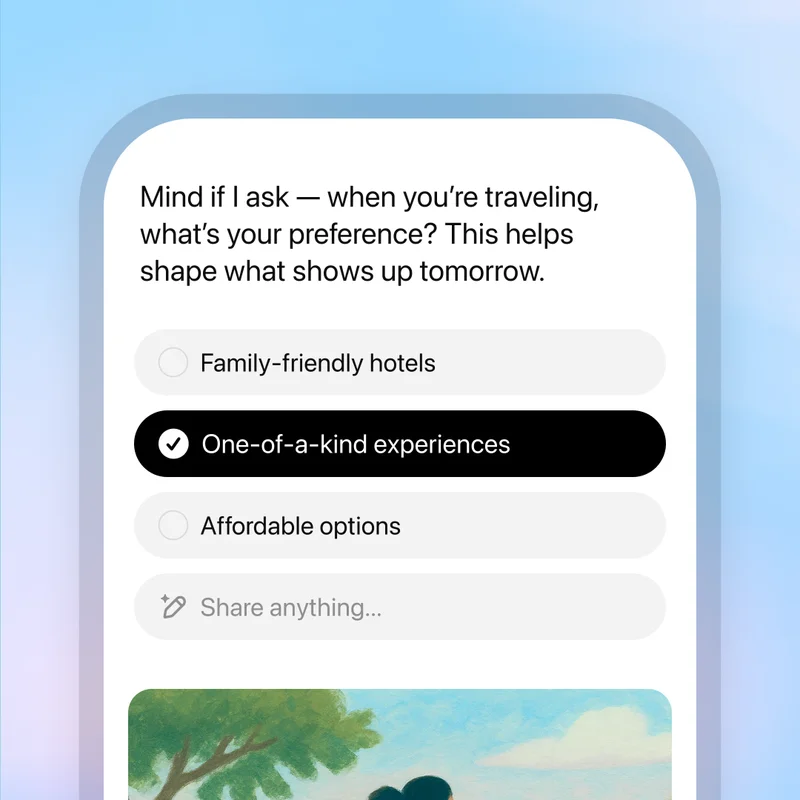
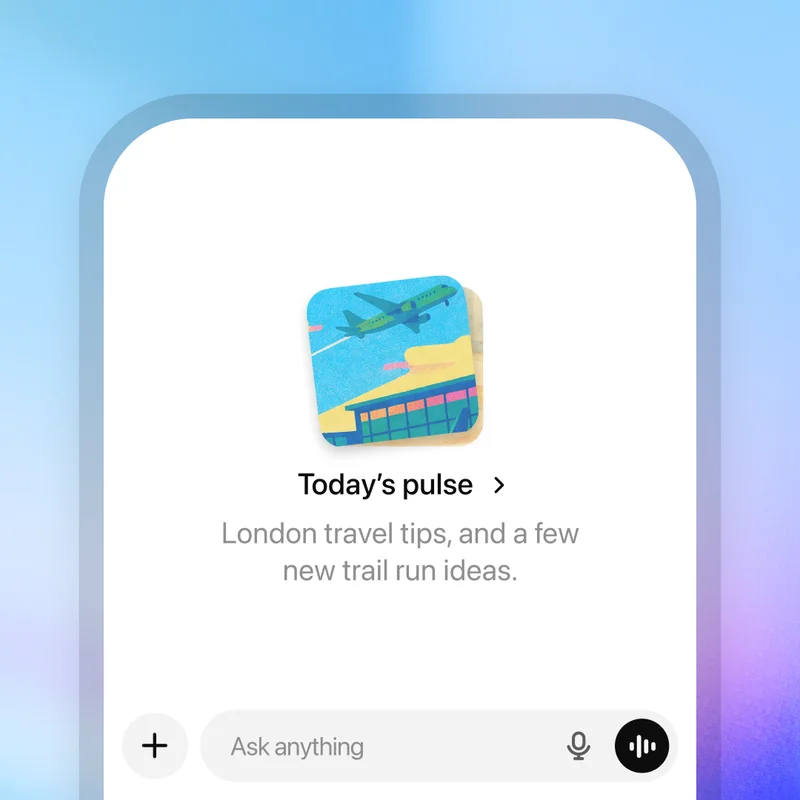
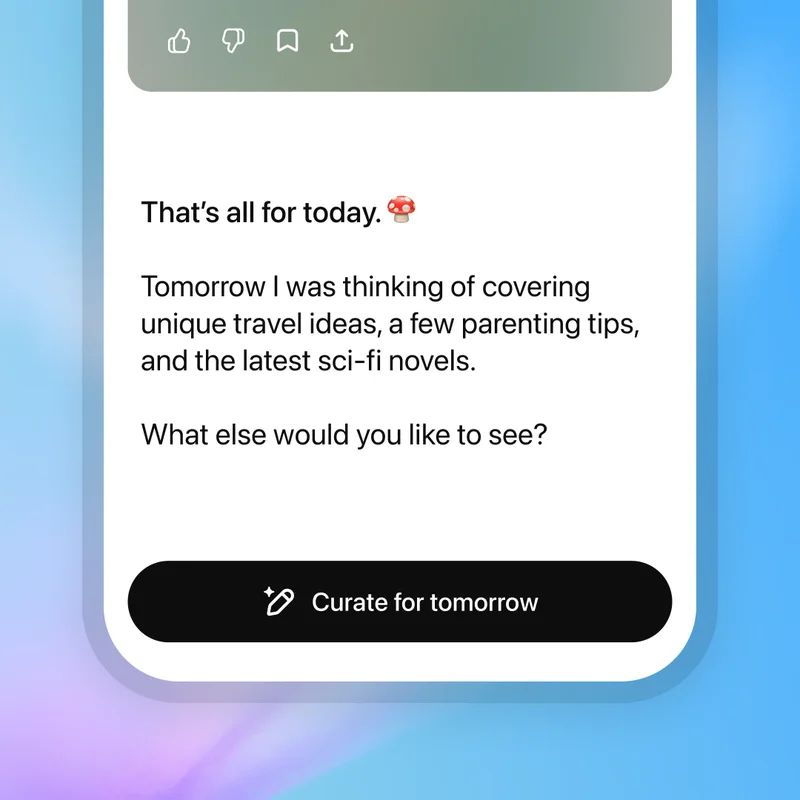





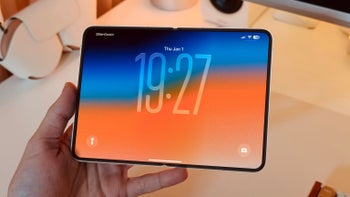


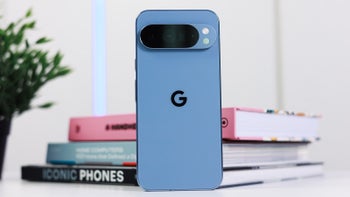



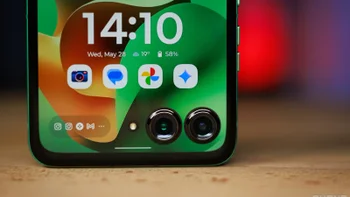
Things that are NOT allowed:
To help keep our community safe and free from spam, we apply temporary limits to newly created accounts: